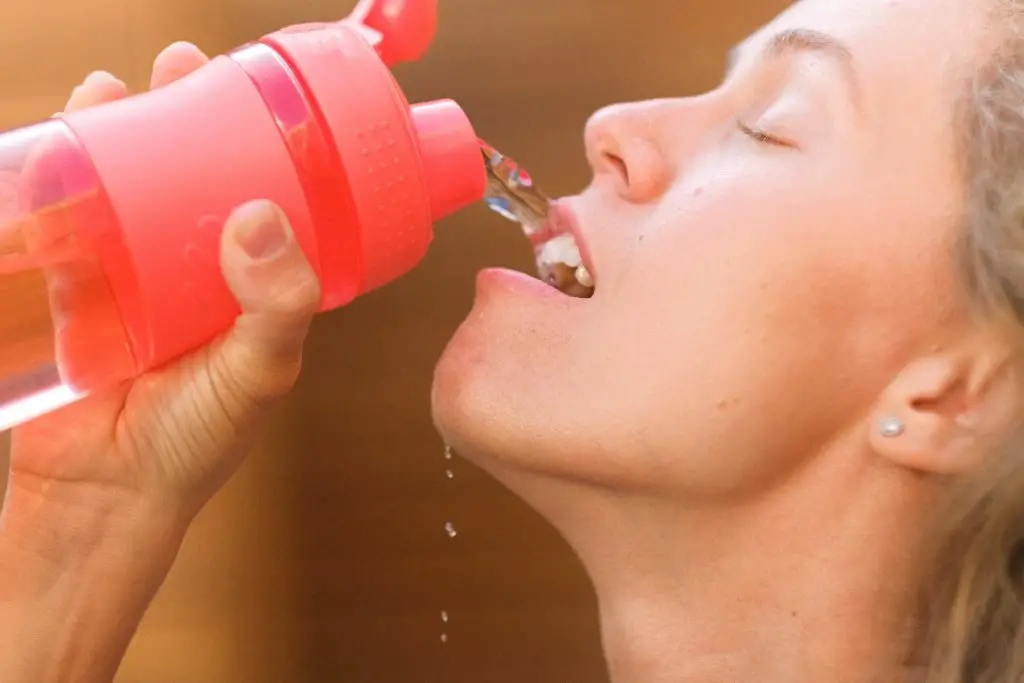Most of us fancy a sugary treat once in a while; some with a sweet tooth fancy one quite often. If your teeth hurt quite unbearably every time you eat sugar, it could be because of a few common reasons. Read on to know what could be the cause.
What Do Tooth Aches Feel Like?
Before reading into the reasons that cause your teeth to hurt, let’s try figuring out what are the sensations of hurting teeth. If you indeed have sensitive teeth, you’re bound to feel one or more of the following symptoms:
- A tingling sensation.
- Ache, with one or more teeth hurting.
- A sharp and intense, almost stabbing pain inside your mouth.
- Pain is felt along the sides of your face, eyes, or in your sinuses.
Possible Causes
If your teeth hurt when eating sweets, it’s most likely because your teeth are sensitive to sugar. This is indicative of poor oral health caused due to some of these factors:
1. Gum Issues
Any problems with your gum will most likely affect your teeth. It could be some form of gum disease or receding gums.
Gum Disease
Gum diseases like gingivitis and periodontal disease typically cause sensitivity of teeth and gums to sugary foods. Plaque buildup also leads to gum disease, eventually hardening to become tartar. Plaque and tartar may irritate gums, leading to swelling, inflammation, infection, or even bleeding.
The gum tissue, when inflamed, exposes the tooth’s roots and nerve endings, which will increase tooth sensitivity.
Receding Gums
The gums function to cover bone and protect the root of the teeth. Receding gums exposes the nerve ending in the root of the tooth. A mild form of gum disease causes the gum to recede, causing sensitivity of lower teeth surfaces to acids in sweet foods. Orthodontic treatment, smoking cigarettes, or brushing your teeth aggressively could also cause gums to recede.
2. A Damaged or Cracked Tooth
A physical injury to your teeth or grinding teeth, often due to anxiety (causes enamel loss and teeth damage), can increase sensitivity. Similarly, a cracked tooth lets acids into the tooth, irritating the soft tissue and nerves.
3. Regular Use of Teeth Whitening Agents
To lighten stains, tooth whitening treatments utilise hydrogen peroxide or similar substances. For effective whitening, the peroxide is required to penetrate the tooth to reach the dentin inside. Unfortunately, this also results in heightened tooth sensitivity.
After a tooth whitening treatment is done at the dentist’s office, sensitive teeth are temporary. You merely need to avoid sweets and hot or cold substances over the next few days.
4. Tooth Decay – Cavities or Caries
The bacteria in your mouth that feed on sugar cause a sticky film called plaque on the teeth and beneath the gums. The bacteria overgrow and produce an acid byproduct by feeding on sugars and starches. This dissolves minerals from the tooth’s enamel surface, hence letting bacteria enter your teeth and the soft dentin, resulting in pain and damage due to the inner tooth’s infection.
Tooth decay leads to cavities that manifest as holes in the tooth enamel and get larger and deeper if not filled. Sugary foods, sugary beverages, acidic foods, and bacteria penetrate the cavity and cause sudden, jolting pain.
5. Loss of Tooth Enamel
The hard, outermost, protective layer of the tooth is called enamel. This helps in preventing cavities and tooth decay. There are two reasons attributed to enamel loss:
Hard Brushing
Ideally, a soft-bristled toothbrush coupled with the proper brushing technique is essential. Rigorous brushing causes severely eroded tooth enamel, leading to exposed sensitive parts of the tooth. This causes the teeth to become more vulnerable and sensitive.
Regardless of whether you use an electric toothbrush or a normal one, brushing should be gentle in a circular motion, without too much pressure on the teeth or back and forth brushing.
Acidic foods
Sugary foods and beverages have higher acidic content and fermentable carbohydrates. This mixes with the harmful bacteria in the mouth to produce acid that wears away the outer layer of the teeth, thus causing sensitivity and tooth pain unless rinsed or brushed away. Additionally, discolouration of teeth can also occur because of these foods.
How to Prevent Sugar Sensitivity?

You need to practice consistent oral hygiene to prevent tooth decay, sugar sensitivity, and enamel loss. Here’s how to go about it:
What to Avoid?
A healthy, balanced diet provides you with all the vitamins and minerals required for good oral health. You must steer clear of sugary and acidic foods to prevent tooth sensitivity. Here’s a list of what you must try to avoid:
- Gummy or sticky sweets tend to stick to the teeth, causing bacterial growth.
- Carbonated soft drinks are loaded with sugar and are also acidic.
- Citrus juices like orange juice, lemonade, or cranberry juice contain naturally occurring citric acid that causes tooth sensitivity.
- If you regularly smoke, vape, or chew nicotine products, it’s high time to consider giving it up for oral and overall health.
Change Your Brushing Habits
If you brush your teeth too hard, it could erode the enamel. Gentler brushing with a soft-bristled toothbrush is recommended generally, at least twice a day, with fluoride toothpaste or a sensitive tooth toothpaste. This works for sensitive teeth or minor enamel loss.
While you must avoid alcohol-based mouthwash, you must floss often to remove any food particles or plaque lodged between your teeth. Also, tooth whiteners must not be used more than once a week.
Brushing after each meal, especially sugar-loaded or high-carb meals, is recommended. However, if you’re not able to brush in between meals, sugarless gum would be a good alternative.
Dental Visits
Visiting a dental professional for a cleaning twice a year will keep your teeth healthy. The dentist can also advise on how to avoid sensitivity, determine any underlying teeth problems causing sensitive teeth, and check for the presence of any cavities that need to be filled.
Severely eroded tooth enamel will require dental bonding, wherein a tooth-coloured resin material is affixed to the teeth. Gingivitis, periodontitis, and receding gums’ treatment involves deep cleaning, scaling, and antibiotics.
Final Thoughts
Drinking or eating sugar-loaded substances can cause your damaged or sensitive teeth to hurt badly. Enamel loss, cavities, and overall poor oral hygiene lead to heightened tooth sensitivity. If you suspect you’ve got sensitive teeth, it would be best to visit your dentist to get it sorted. Oral health is as important as physical health.

